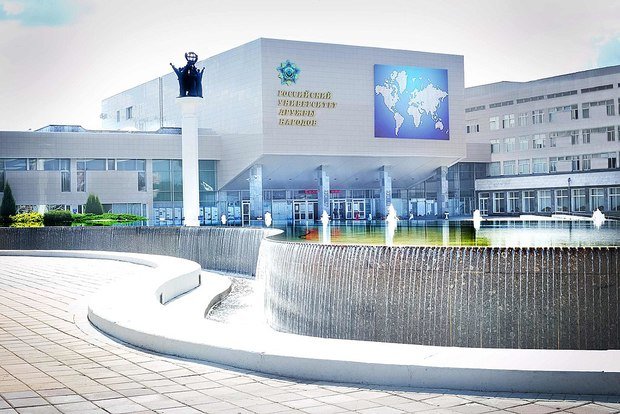Russian universities to become new force in international education
Russian higher education has many ''hidden gems'' that can soon be revealed due to an increased government support and gradual internationalisation such as growing number of research publications in English, believe educational experts. There are plans to attract up to 700,000 foreign students to Russia by 2025.
Russia is home to many universities that deserve a much higher international profile, says University World News citing international educational experts. According to CEO and founder of London-based international ranking company Quacquarelli Symonds (QS) Nunzio Quacquarelli, the Russian government now wants Russian universities to become globally recognised. ''I would say that this internationalisation process is almost inevitable," he said at a QS global summit in Moscow.
Although Russia has some of the leading research in the world and its academy of sciences has always been a centre of excellence, the tendency of Russian academics not to publish in English has been a factor holding back the international development of Russian higher education, considers Quacquarelli. However, the recently increased use of English by Russian university staff has driven a rise in publication of Russian research in international journals. The changes would help local universities improve their positions in international rankings and increase the visibility of Russian higher education.
Quacquarelli also assumed that there would be an increased interest of international students in Russia as a place for high-quality higher education opportunities at low costs. According to Vladimir Filippov, the rector of the Peoples' Friendship University of Russia (RUDN) in Moscow, Russian education has already become more open. Currently, there are 150,000 foreign students studying in Russia, and there are plans to attract as many as 700,000 foreign students to the country by 2025. ''The development of the export potential of the Russian education system is now an [official government] aim – and that includes the promotion of Russian education as a brand in the international market,'' said Filippov.

Over the next two years, RUDN intends to increase the number of foreign teachers from 4,5% to 10,2% and to double the number of international students. The university has cooperation agreements with more than 250 universities worldwide and is expanding regional clusters in Asia, Latin America, Africa, the Middle East, North Africa and the countries of the CIS.
The new governmental reform that separated off responsibility for universities from the general education ministry to the new Ministry of Science and Higher Education is also supposed to help Russia advance in the global market of higher education. Mandy Mok, CEO at QS Asia, says that higher education is experiencing rapid change, so the next 10-15 years might be marked by the rise of Russian and Central Asian universities.